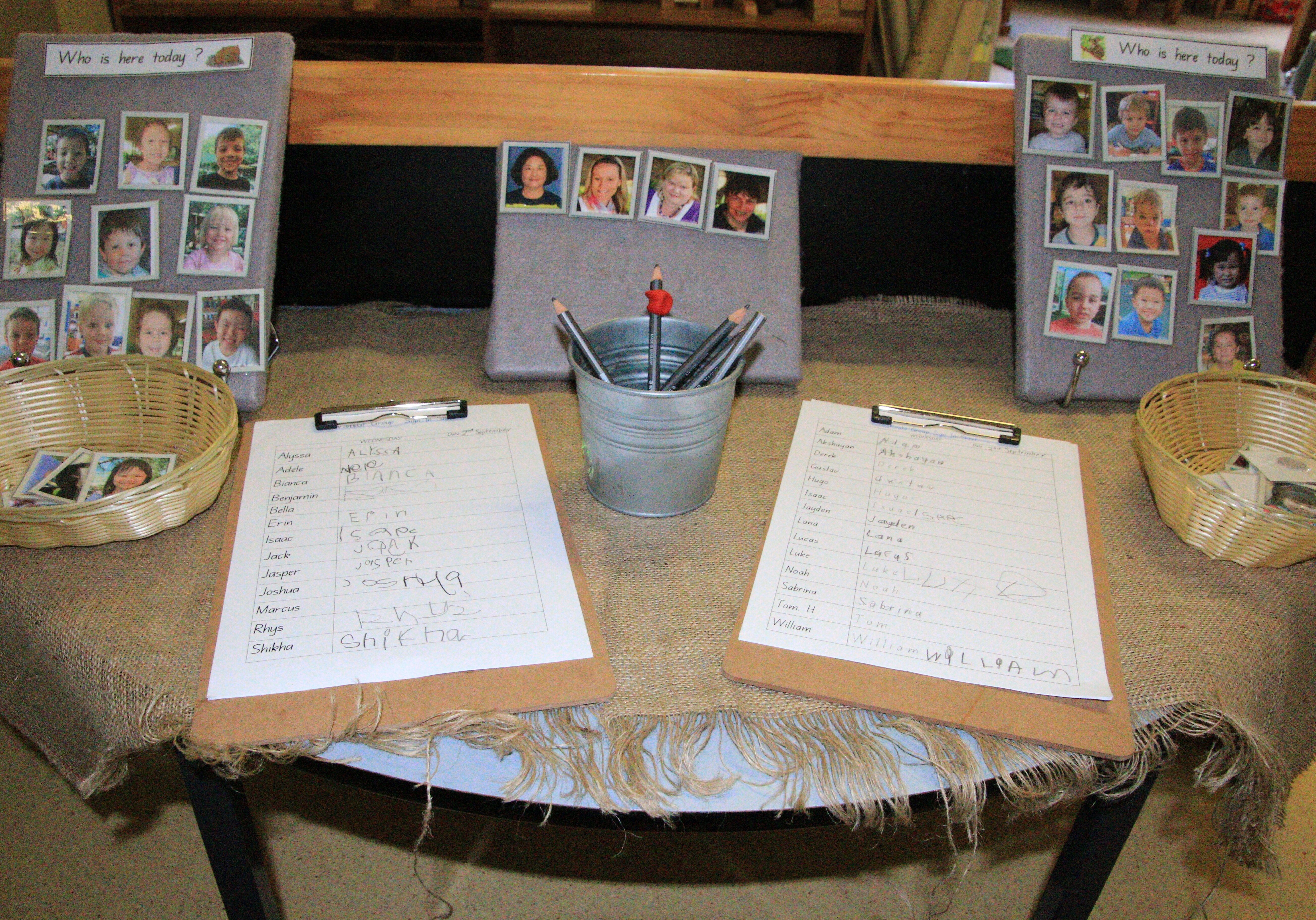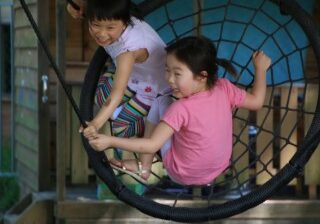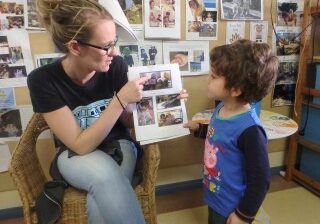


What is the Early Years Learning Framework?
The EYLF is a national framework for the early years sector. It aims to provide a nationally consistent guide for early childhood educators to extend and enrich children's learning from birth to 5 years of age, and includes transition to school.
What are the key elements of the framework?
The EYLF framework has a strong emphasis on play-based learning, as play is the best vehicle for young children's learning, providing the most appropriate stimulus for brain development.
The framework also recognises the importance of communication and language (including early literacy and numeracy) as well as social and emotional development.
The Early Years Learning Framework describes childhood as a time of belonging, being and becoming.
Belonging is the basis for living a fulfilling life.
Children feel they belong because of the relationships they have with their family, community, culture, and place.
Being is about living here and now.
Childhood is a special time in life and children need time to just 'be' - time to play, try new things, and have fun.
Becoming is about the learning and development that young children experience.
The Early Years Learning Framework addresses five key learning outcomes:
Outcome 1 - Children have a strong sense of identity
Outcome 2 - Children are connected with and contribute to their world
Outcome 3 - Children have a strong sense of wellbeing
Outcome 4 - Children are confident and involved learners
Outcome 5 - Children are effective communicators
All elements of the framework, including principles, practices, and learning outcomes guide us throughout our daily indoor, outdoor, and group time programs and is captured in children's developmental records and room documentation.
